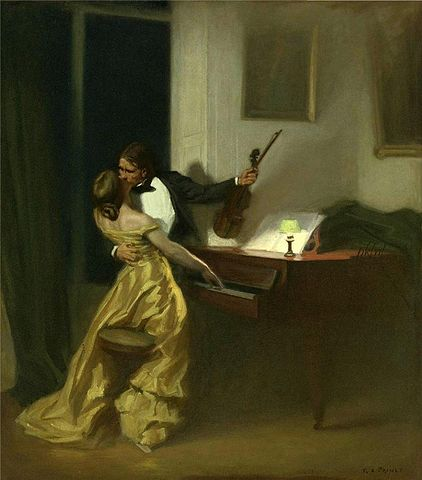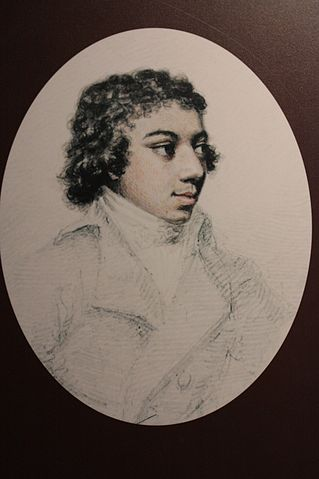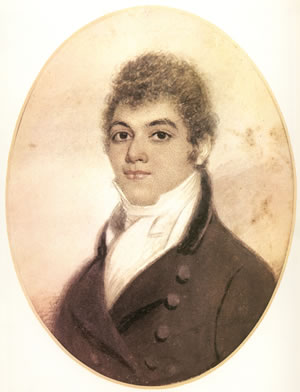They played Beethoven’s Kreutzer Sonata. Do you know the first presto? Do you?! Ohh! That sonata is a fearful thing. Precisely that part. And music generally is a fearful thing. What is it? I don’t understand. What is music? What does it do? And why does it do what it does? They say music has an elevating effect on the soul — nonsense, lies! It affects one, affects one fearfully, I’m speaking of myself, but not at all in a soul-elevating way. It affects the soul neither in an elevating nor in an abasing way, but in a provoking way. How shall I put it? Music makes me forget myself, my true situation, it transports me to some other situation not my own; under the influence of music it seems to me that I feel what, in fact, I do not feel, that I understand what I do not understand, that I can do what I cannot do. I explain it by the fact that music works like yawning, like laughter; I’m not sleepy, but I yawn looking at a yawning man, I have no reason to laugh, but I laugh hearing someone else laugh.
It, music, at once, transports me directly into the inner state of the one who wrote the music. I merge with him in my soul and, together with him, am transported from one state to another, but why I do that I don’t know. …
Play it and do what the music attunes you to. Otherwise the calling up of an energy, a feeling, that accords neither with the place, nor with the time, that is not manifest in anything, can only have a pernicious effect. On me, at least, this thing had a terrible effect; it seemed to me as if completely new feelings, new possibilities, which I hadn’t known until then, were revealed to me. It was as if something were saying in my soul, “So it’s like that, not at all as I thought and lived before, but like that.” What this new thing was that I had learned, I couldn’t explain to myself, but the consciousness of this new state was very joyful. — Leo Tolstoy, “The Kreutzer Sonata,” about a man driven crazy by jealousy, misogyny, Christianity, and perhaps Beethoven.
Inspired by Tolstoy’s novella (which in turn was inspired by Beethoven’s composition), René François Xavier Prinet’s painting “The Kreutzer Sonata” demonstrates the dangers of unchaperoned rehearsals.

#Beethoven250 Day 170
Violin Sonata No. 9 “Kreutzer” in A Major (Opus 47), 1803
Recorded in Paris during the Beethoven Bicentennial year, French violinist Zino Francescatti and pianist Robert Casadesus deliver a hair-raising performance.
Beethoven labeled the Kreutzer Sonata as written “almost in the manner of a concerto” as if it were a work for violin and orchestra rather than violin and piano. Some have found that label pretentious, but given the sonata’s length and depth, it seems to fit.
The Adagio introduction of the Kreutzer Sonata begins in A major but shifts to A minor for the Presto remainder of the first movement. That first movement is fiery, passionate, turbulent, even violent with savage forte strums on the violin strings.
The two subsequent movements of the Kreutzer Sonata seem sedate in contrast to the first. Despite the complex soulfulness of the 2nd movement variations and the exuberant joyful whirlwind finale, they don’t quite live up to the emotional intensity of the first movement.
The Kreutzer Sonata has a first movement unequalled in formal clarity, grandeur, and dramatic force by anything that Beethoven had yet written; the beautiful slow movement, however, a set of variations in F major, belongs to a totally different style, elegant, brilliant, ornamental, and a little precious, the style of the F major Variations for Piano, op. 34, without the latter’s original harmonic scheme and dramatic contrasts, but with a more artistic care for detail; the finale, a light and brilliant tarantella, was written for another sonata altogether. — Charles Rosen, “The Classical Style,” p. 399.
Literally! The finale of the Kreutzer Sonata originated in the Violin Sonata No. 6 (Day 151) but Beethoven removed it because it was too brilliant in contrast.
#Beethoven250 Day 170
Violin Sonata No. 9 “Kreutzer” in A Major (Opus 47), 1803
Starting at 27:20 in this Live from Lincoln Center broadcast from 2001 is a wonderful performance with Leila Josefowicz and André Watts.
It wasn’t even supposed to be called the Kreutzer Sonata. Beethoven wrote the sonata for George Bridgetower, a mixed-race violin virtuoso and composer who was born in Poland around 1779. Bridgetower and Beethoven premiered the work together on 24 May 1803.
George Bridgetower played violin in Paris at the age of 10, and then in several cities in England (including London) where he was variously promoted as an “African Prince” or “son of an African Prince.” (His father was likely West Indian.) The future George IV became his patron.

Following a trip to Dresden to see his mother, George Bridgetower arrived in Vienna and met Beethoven in the spring of 1803. They seem to have hit it off. They socialized and partied, and Beethoven introduced Bridgetower to his aristocratic patrons.

George Bridgetower is the subject of a recent article in the New York Times, “The Black Violinist Who Inspired Beethoven”.
Two letters exist from Beethoven to Bridgetower, the first inviting him to the home of Countess Guicciardi, mother of Giulietta (Day 144) and the second to the home of Count Deym, the husband of Josephine Brunsvik (Day 117). Was Beethoven showing off his former girlfriends?
At one point, Beethoven wrote on the manuscript of the A Major Violin Sonata a whimsical dedication with an imaginative spelling of Bridgetower’s name: “Sonata mulattica. Composed for the mulatto Brischdauer, a great madman and mulattic composer.”
Prior to the publication of the Violin Sonata, Beethoven and Bridgetower had a falling out, and Bridgetower didn’t even get a more conventional dedication. Decades later, Bridgewater recalled that the dispute with Beethoven was “some silly quarrel about a girl.”
Rather than dedicate the A Major Sonata to Bridgetower, Beethoven dedicated it to Rudolphe Kreutzer, a French violinist who Beethoven had met five years earlier. This dedication might have been part of Beethoven’s attempt to ingratiate himself with the French and move to Paris.
Rudolphe Kreutzer is believed to have never performed the Violin Sonata that is dedicated to him and which is universally known by his name. Kreutzer reputedly found the sonata “outrageously unintelligible.”
#Beethoven250 Day 170
Violin Sonata No. 9 “Kreutzer” in A Major (Opus 47), 1803
Another great Beethoven performance by Tatsuki Narita (@narita_tatsuki).
It is sometimes objected that the poet may labor according to an ideal, that the critic may judge from ideas, but that execution of art is subject to contingencies, and must depend for effect on the satisfaction of others. Producers will be obstinate; actors are bent on display; the audience is inattentive and unruly. Their object is relaxation and entertainment, and they are disappointed if mental exertion is required, when they expected only amusement.
But if the theatre is to have higher goals, the diversion of the spectator will not be increased, but ennobled. It will be a diversion, but a poetical one. All art is dedicated to pleasure, and there can be no higher and worthier end than to make people happy. The true art is that which provides the highest degree of pleasure; and this consists in the abandonment of the spirit to the free play of all its faculties. — Friedrich Schiller, 1803